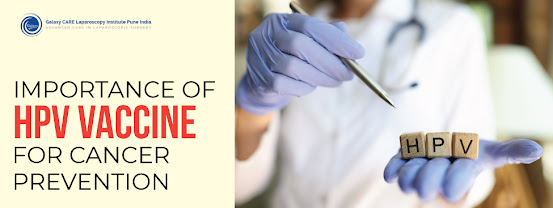Advanced Robotic Surgery for Head and Neck Cancer

In the realm of medical advancements, one area that stands out prominently is robotic surgery . Over the past few decades, this innovative approach has transformed the landscape of surgical interventions, offering precision, flexibility, and improved patient outcomes. Among the various fields benefiting from this technology, head and neck cancer treatment has seen remarkable progress. In this blog post, we'll explore the significance of advanced robotic surgery in tackling head and neck cancer, its benefits, and the future it promises. Understanding Head and Neck Cancer Head and neck cancers encompass a wide range of malignancies that occur in the oral cavity, throat, sinuses, nose, larynx (voice box), and salivary glands. These cancers can significantly impair vital functions such as breathing, speaking, swallowing, and even basic facial movements. Traditionally, treating head and neck cancer involved extensive surgeries, often leading to disfigurement and functional deficits. Add

